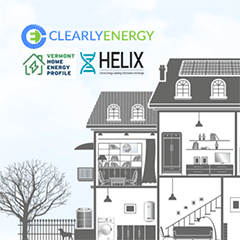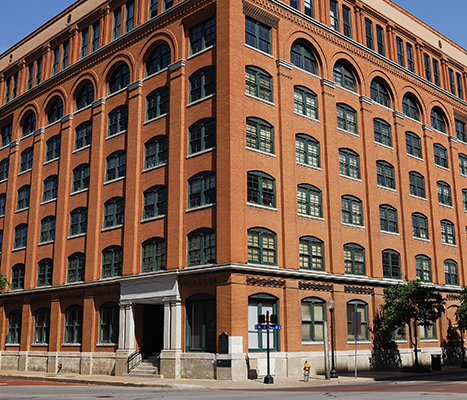Ways To Save – Residential
Energy Assistance for Low-Income Residents
Our Energy Assistance Program provides a 12.5 percent discount for eligible customers, helping offset recent rate changes. BED continues to encourage our low-income customers who are enrolled in the State of Vermont Fuel Assistance Program or federal Housing Choice Voucher (Section 8) Program to apply for BED’s Energy Assistance Program.
Vermont Home Energy Profile
 Homebuyers consider many factors when shopping for a home: updated kitchens, attractive floor plans, curb appeal, and size. For buyers who place a high value on energy efficiency, it can be hard to find this information. The Vermont Home Energy Profile helps solve this challenge.
Homebuyers consider many factors when shopping for a home: updated kitchens, attractive floor plans, curb appeal, and size. For buyers who place a high value on energy efficiency, it can be hard to find this information. The Vermont Home Energy Profile helps solve this challenge.
The Vermont Department of Public Service has created a free and simple tool to help find all the ways to decide where to make improvements that lower energy costs and appeal to energy-conscious buyers when the time comes to sell your home.
Video: How to Create Your Profile
Residential New Construction
If you are planning to build your own home, there have been changes to Vermont’s statewide residential new construction program for 2022. These changes apply to both single-family homes and multi-family homes up to four units. These changes can be found on the Efficiency Vermont’s website.
If you’re building in the city of Burlington, there are additional requirements that are applicable to the way that you will heat your new home. Please refer to the Thermal Energy Systems Carbon Fee Ordinance for details. Also, see section below for additional Ordinance information.
Additional Resources
- Path to Net Zero Energy buildings
- Minimum Housing Code Weatherization Ordinance (effective beginning 1/1/2022)
- New Construction
- Vermont Gas Systems (VGS) Residential Energy Services
- CVOEO Champlain Valley Weatherization
- Thermal Energy Systems Carbon Fee Ordinance
- Effective 1/01/2024
- PLEASE NOTE
- The Ordinance only applies to brand new residential and commercial new construction projects but does not apply to additions, alterations, renovations or repairs to existing buildings.
- For brand new residential and commercial new construction projects, the Ordinance applies to space heating, domestic hot water, cooking and laundry appliances, process heat, or other building systems that relies on thermal energy.
- The Ordinance also applies to existing commercial buildings that are at least fifty thousand (50,000) square feet in total floor area of enclosed conditioned space, including hotels, but excepting all residential buildings. For these buildings, the Ordinance only applies to space heating and domestic hot water thermal systems.



